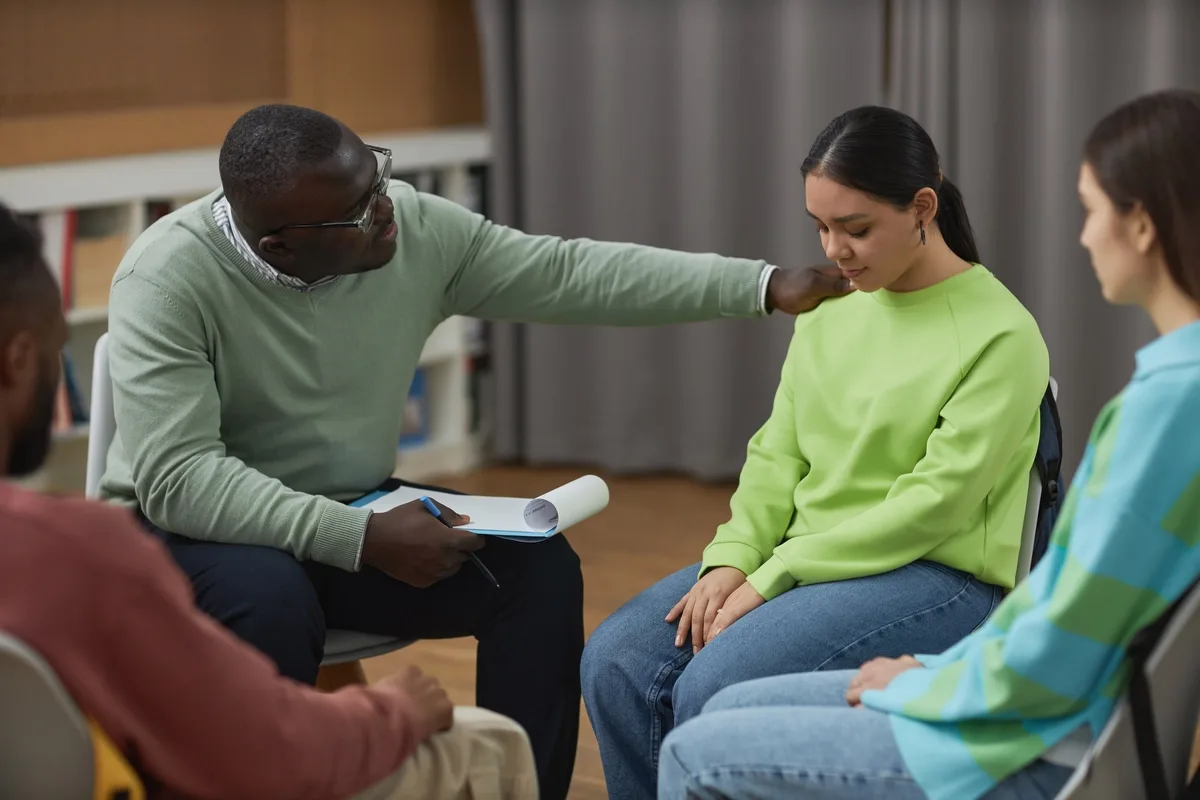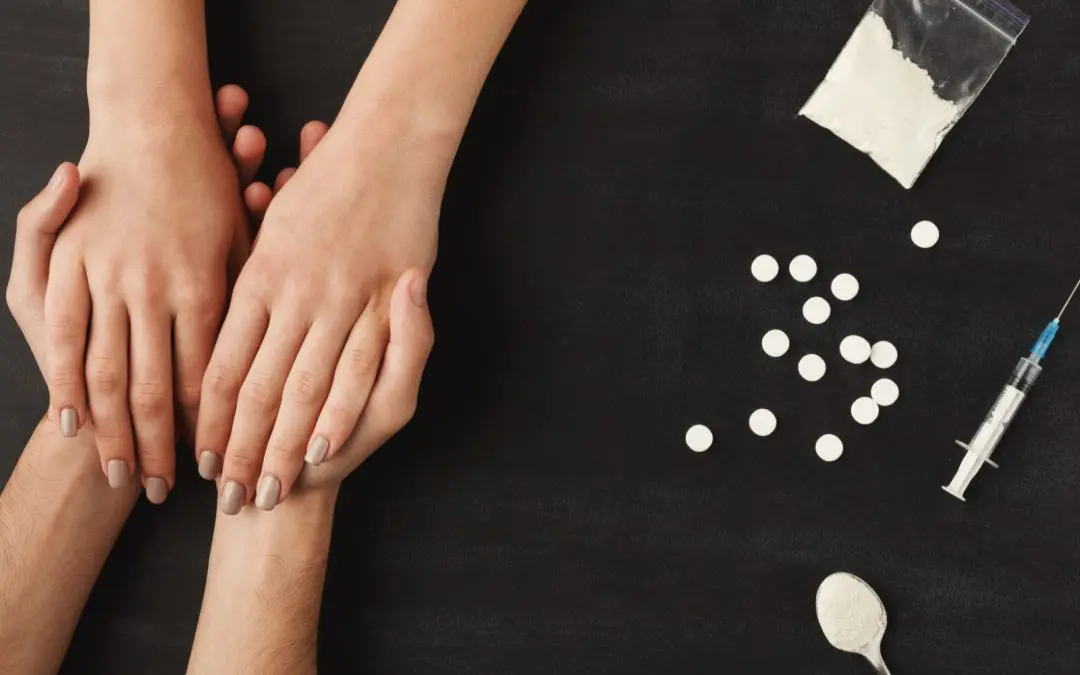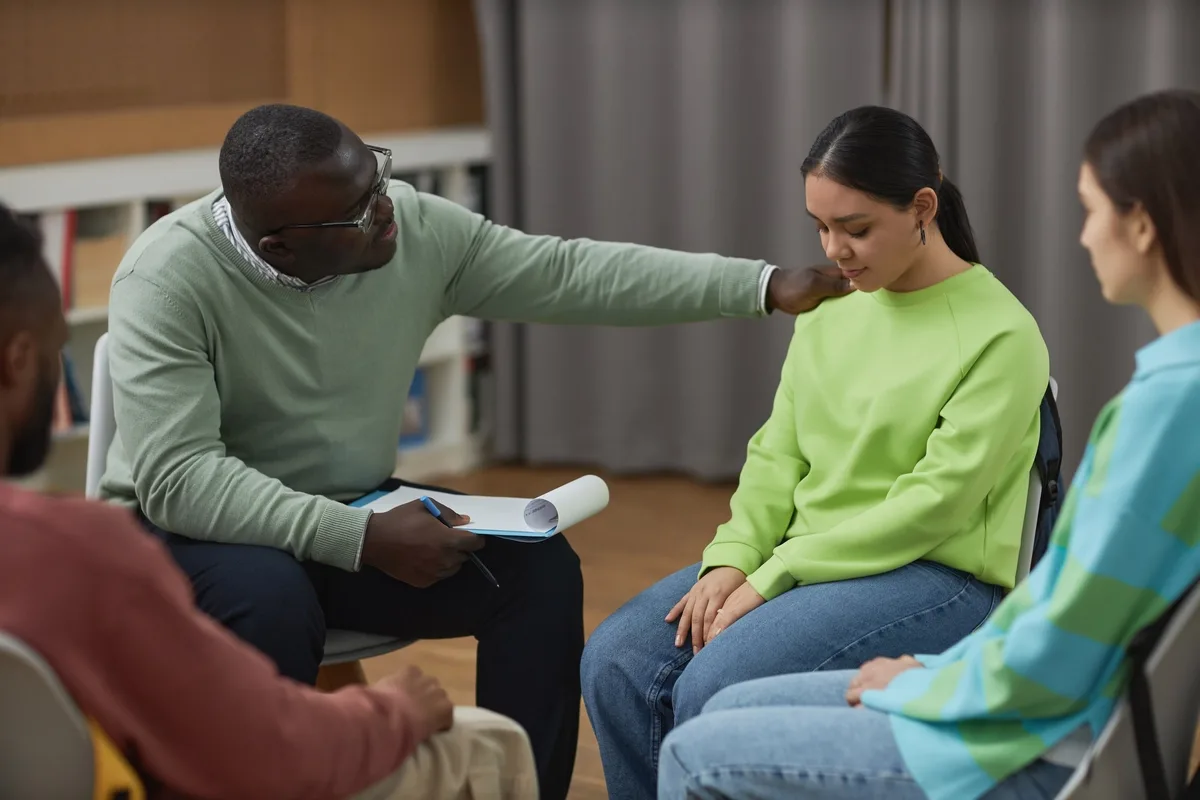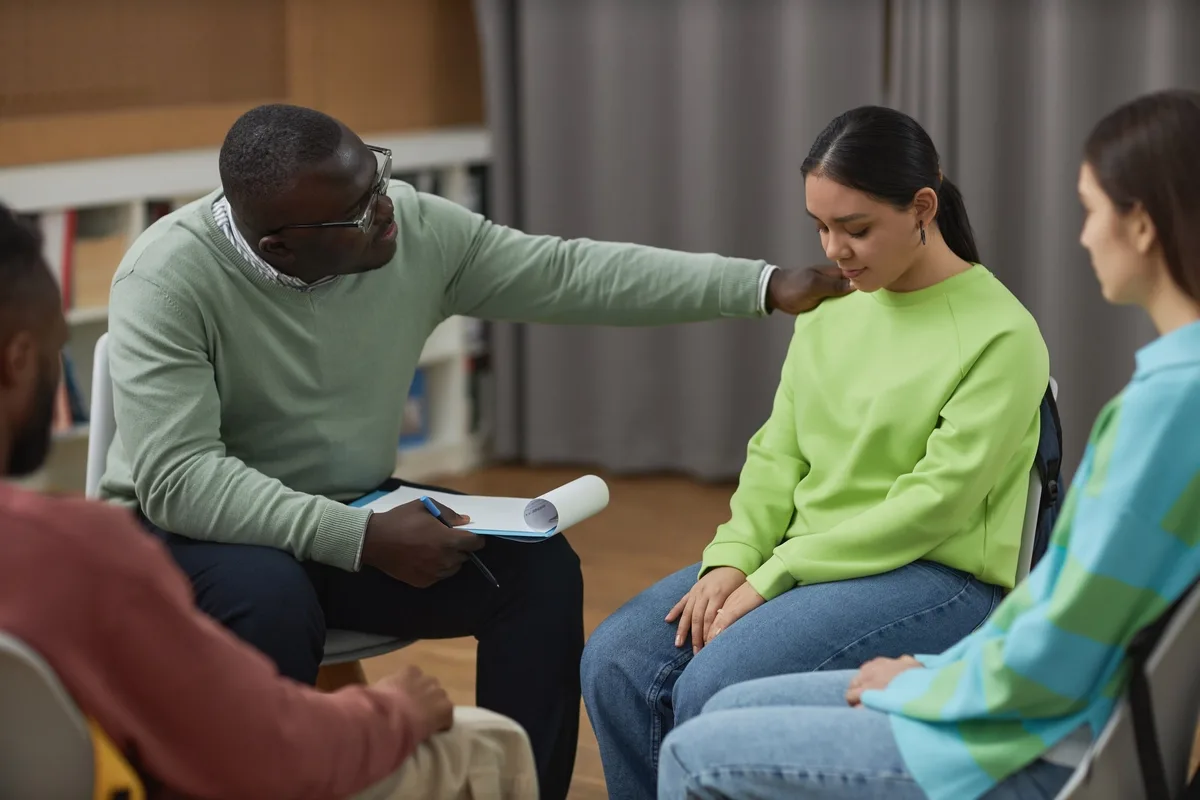24/7 Helpline:
(866) 899-221924/7 Helpline:
(866) 899-2219
Learn more about OCD Treatment centers in Rapides County
OCD Treatment in Other Counties

Other Insurance Options

Holman Group

Health Net

Ceridian

Premera

BlueShield
Beacon

American Behavioral

Health Choice

Oxford

Health Partners

GEHA

Evernorth

Group Health Incorporated

Access to Recovery (ATR) Voucher

State Farm

Excellus

Multiplan

United Health Care

CareFirst

Molina Healthcare

Edgefield Recovery Center
Edgefield Recovery Center is a drug and alcohol rehab center located in Cheneyville, LA. They provid...

Healing Springs Ranch
Located in Tioga, Texas, Healing Springs Ranch is a center for treating addiction and mental health ...








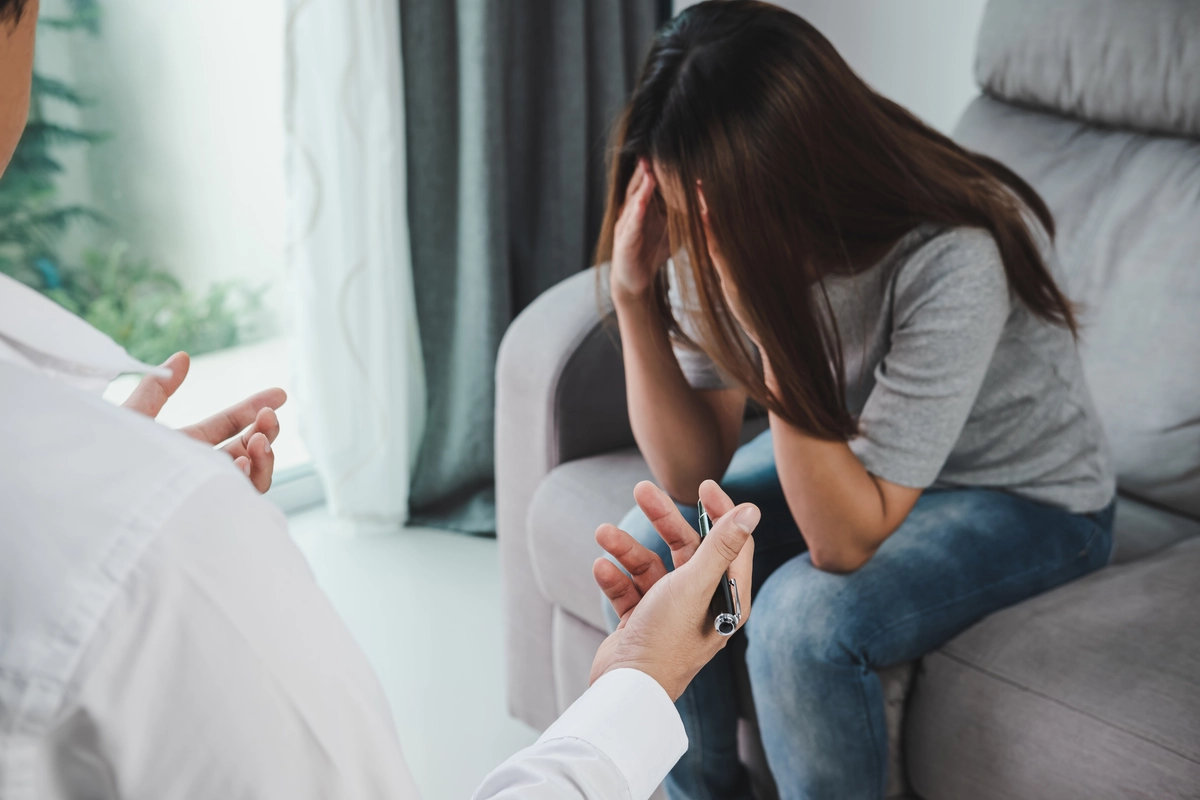








Dellwood Recovery Center
Dellwood Recovery Center is a private rehab located in Mora, Minnesota. Dellwood Recovery Center spe...

Serenity Manor
Serenity Manor is a private rehab located in Mora, Minnesota. Serenity Manor specializes in the trea...

New Mexico Behavioral Health
New Mexico Behavioral Health is a public rehab located in Mora, New Mexico. New Mexico Behavioral He...











































































































































































